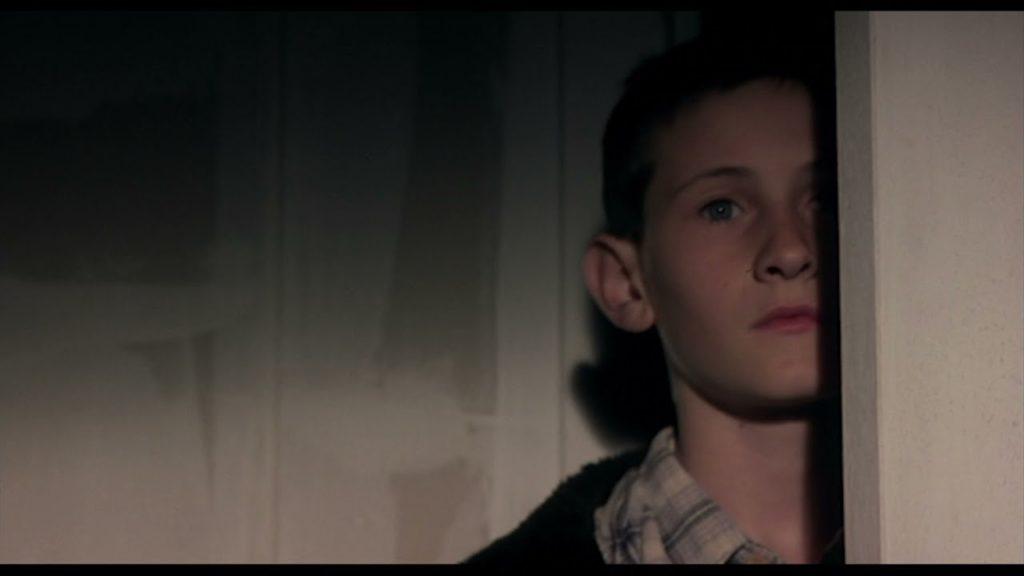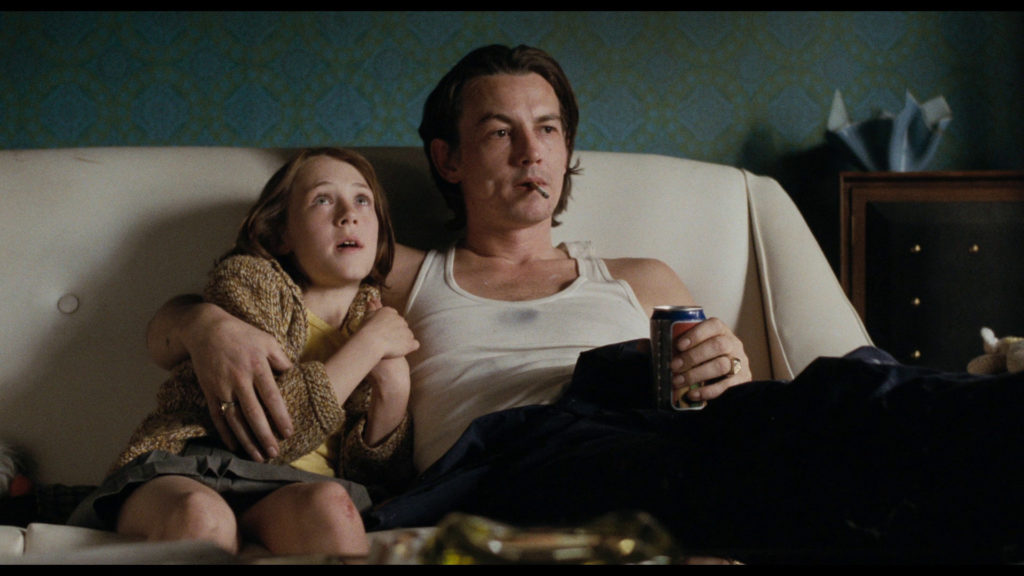| Matthew Lambert |

Ratcatcher plays at the Trylon Cinema from Friday, March 31 through Sunday, April 2. Visit trylon.org for tickets and more information.
Ratcatcher, the debut film from acclaimed director Lynne Ramsay, depicts severe poverty for a community in 1970s Scotland in a way that doesn’t glamorize nor attempt any sort of comfort for the viewer.
The film follows James (William Eadie), a teenager living in a housing development that is undergoing a major redevelopment. James’ family has no modern amenities and lives in rat-infested squalor as the local garbage workers are out on strike. The waiting proves to be the hardest part as a tragic accident between James and a neighbor boy defines the main character throughout the film.
Make no mistake: Ratcatcher doesn’t shy away from showing the nearly impossible nature of overcoming poverty and the cycles that families which are stuck in this world will continuously go through, seemingly until the end of time. Ramsay’s direction of the film is closer to cinema vérité than any other kind of filmmaking. It’s raw and unsteady, but you can see the type of confidence from Ramsay that you’d see in a John Cassavetes, Jane Campion, or Kathryn Bigelow.

Unlike American films like Boyhood and Boyz n the Hood, Ratcatcher has its destination in mind from the start. If James’ family can simply bide their time, they have a home in a sprawling wheat field waiting for them. A place where polluted canals of water, thousands of rats crawling in mountains of trash, and older bullies don’t exist. One could even describe it as heaven.
There are many standout moments from the film, but none more impressive than the relationship between James and a neighbor girl, Margaret Anne (Leanne Mullen). Early on, James helps Margaret Anne find her glasses after a group of bullies throws them into the canal. Margaret Anne is the only person with whom James can have an actual conversation. In his large family, he normally goes unnoticed and unloved. But with Margaret Anne, she sees him and appreciates who James is and seeks out his company. The intimacy between the two gives you hope for the pair to live a life they deserve.
The other standout performance belongs to George, James’ father, played by Tommy Flanagan. Most know Flanagan for his roles in Gladiator and Son of Anarchy. While his performance in Ratcatcher has a similar edge and grimness as many of the roles he’s played in his career, Flanagan is flawless playing a hard-drinking, doing-his-best father. In the wrong hands, George could have been depicted as deadbeat, lazy, and borderline unredeemable. What should’ve been a stereotypical character is elevated by an earnestness that still retains the character’s demons. Even when George is hailed as a hero, Ratcatcher reminds us of the world the family lives in and quickly takes away his 15 minutes of fame.

We may never have another filmmaker like Lynne Ramsay. She’s an artist who works sparingly. Since Ratcatcher’s debut in 1999, Ramsay has made only three more feature films. You can see her gritty style continue in the rest of her work, but nowhere more prevalent than in You Were Never Really Here, released in 2017 and starring Joaquin Phoenix.
An excellent double feature with this film would be Menace II Society. Both main characters, James in Ratcatcher and Caine in Menace II Society, have a chance to escape their circumstances. Both are in the wrong place and under the wrong circumstances early on in their films and must deal with the guilt that follows. Even when things appear to be going well, the situations and people around them alter their futures without their control.
Ratcatcher shows the circumstances that we are born into and how we adapt to our surroundings. I once had a colleague say at a diversity training, “I believe every person has the door of opportunity open for them. They have to get up and walk through it though.” With each passing day I disagree with that statement more and more. That comment was directed at a discussion about accessibility in today’s world. Ratcatcher may be set in 1970s Scotland, but could depict any era of poverty in any country. The doors of opportunity are available for James and his family, but even when the ability to escape is waiting in front of the characters, it’s not always that simple to just walk through.
Edited by Matt Levine
